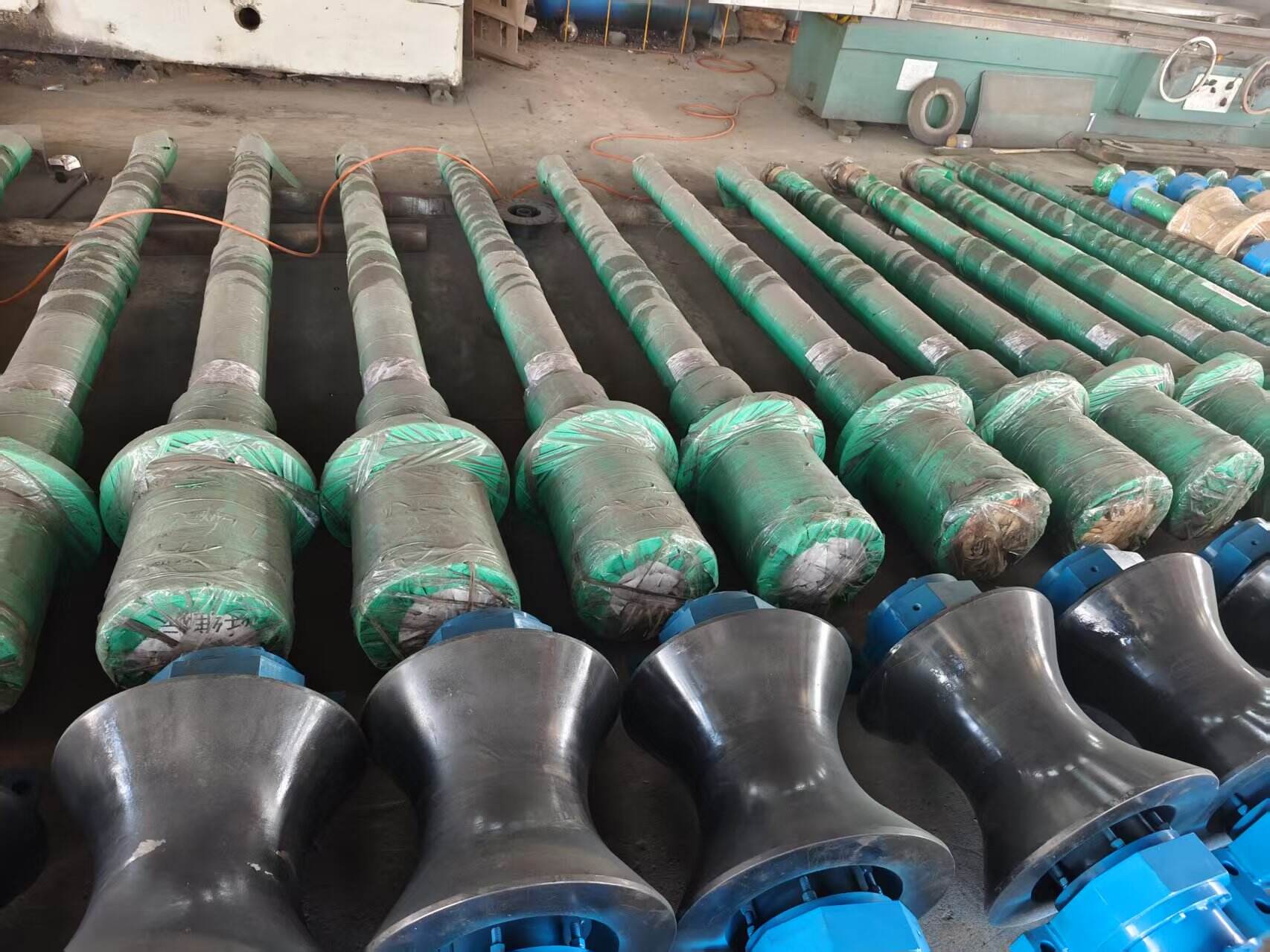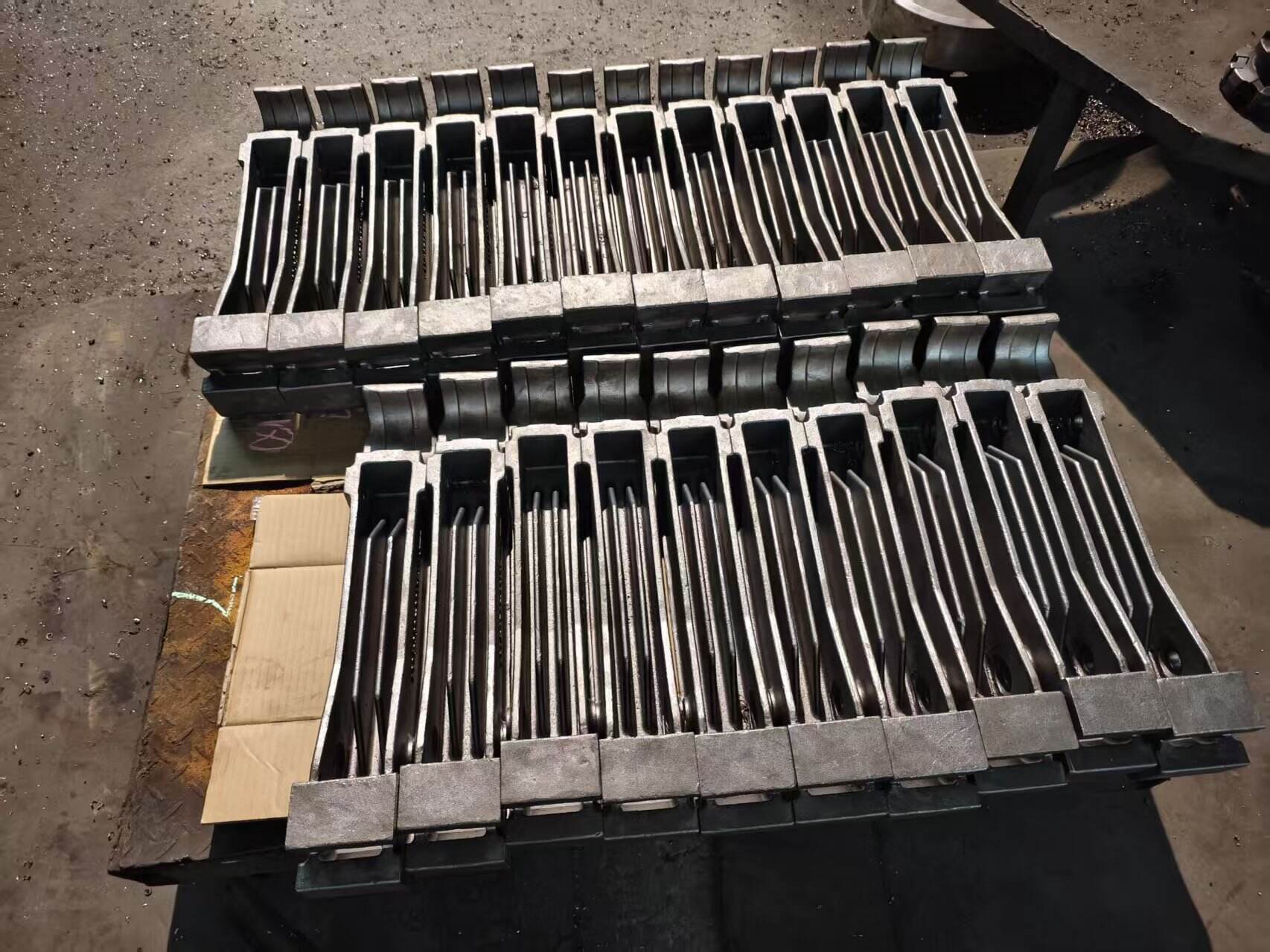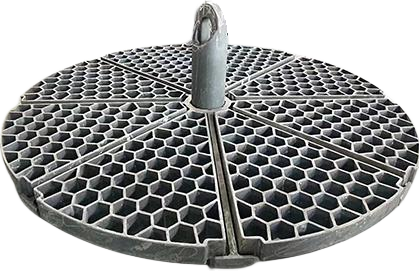machining cast steel
Machining cast steel represents a crucial manufacturing process that combines the versatility of casting with precision machining operations. This process involves taking cast steel components and applying various machining techniques to achieve precise dimensions and superior surface finishes. Cast steel begins as molten metal poured into molds, creating basic shapes that are then refined through machining operations such as turning, milling, drilling, and grinding. The process allows for the production of complex geometries while maintaining the inherent strength and durability of steel. One of the key aspects of machining cast steel is its ability to accommodate both small and large-scale productions, making it suitable for various industrial applications. The process enables manufacturers to achieve tight tolerances and specific surface requirements that raw castings alone cannot provide. Modern CNC machining technology has revolutionized this process, allowing for consistent quality and reproducibility in machined cast steel components. These components find extensive use in automotive, construction, mining, and heavy equipment industries, where both structural integrity and dimensional accuracy are paramount.


